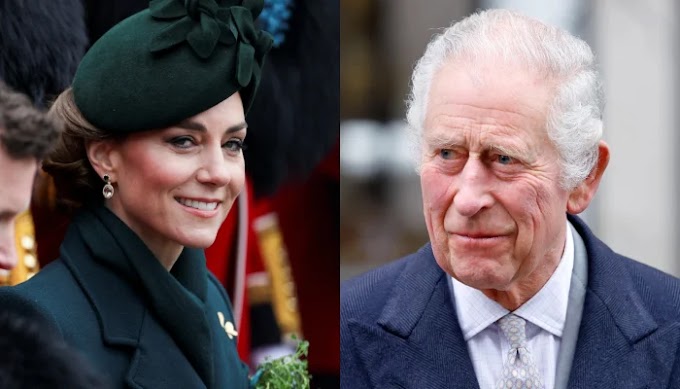How the Prince of Wales turned the Epstein controversy into a story about himself
Prince William has described 2024 as “the hardest year of my life,” referring to the cancer diagnoses of his wife, Catherine, and his father, King Charles. Yet many observers note that his words seem to draw attention back to himself, not to those actually facing illness. Sympathy, in this case, appears directed toward the Prince rather than the patients.
The controversy deepens with William’s role in the Prince Andrew saga. Reports claim it was William, not the King, who helped broker the deal allowing Andrew to remain at Royal Lodge, his longtime residence, despite his ties to Jeffrey Epstein and attempts to have police investigate Epstein survivor Virginia Giuffre. The irony is that William is now moving into Forest Lodge—just down the road from Andrew—despite describing his uncle’s presence as “uncomfortable.”
Palace sources have painted this as William’s “ruthless” plan to modernise the monarchy, but critics argue that shielding a man accused of associating with sex traffickers hardly qualifies as progress. Adding to the contradiction, reports last year indicated William preferred living near Andrew rather than the Sussexes, who are globally known for their charity work and mental health advocacy.
The logic of William’s choices reads like a royal soap opera. He ensures Andrew keeps his mansion, moves in nearby, complains about it, and still manages to blame others. His public image as a housing advocate also suffers as residents near Forest Lodge report mould, leaks, and broken heating.
Instead of enjoying a private retreat, the Prince is reportedly busy planning to brief the press that Andrew will not be invited to the coronation—a coronation that isn’t even on the calendar since the King still reigns. Once again, William appears to suffer most, at least in his own telling.
Meanwhile, the survivors of Jeffrey Epstein’s crimes remain largely ignored. The headlines focus not on justice or accountability, but on William—his discomfort, his decisions, and his performance of “leadership.”












